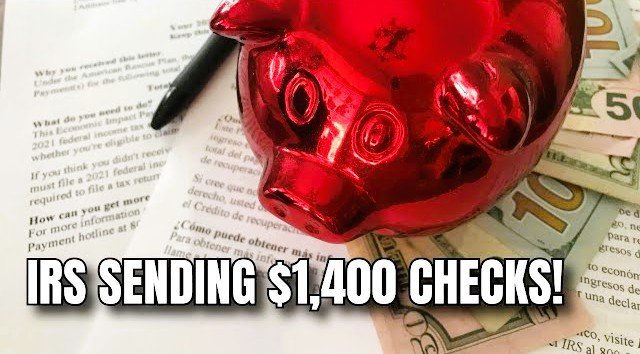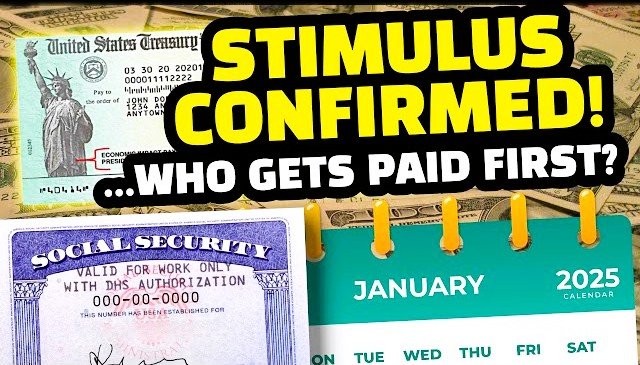Here’s What You Need to Know
Imagine logging into your bank account and finding an unexpected deposit from the IRS—sounds like a pleasant surprise, right? Well, that’s exactly what’s happening for around a million people right now. But this isn’t a new stimulus package. Instead, it’s a “catch-up” payment tied to the third round of pandemic stimulus payments back in 2021.
At the heart of this is the Recovery Rebate Credit, a provision designed to help people claim stimulus money they were entitled to but didn’t initially receive. Here’s why these payments are being issued in late 2024 and early 2025—and what it could mean for you.

Why Are Payments Coming Now?
Back in 2021, the IRS used 2019 or 2020 tax data to calculate stimulus eligibility. But with the pandemic came rapid changes—job losses, income adjustments, and new dependents—all of which could have affected eligibility. To address this, the Recovery Rebate Credit allowed taxpayers to reconcile their stimulus payments based on their actual 2021 financial situation.
So why the delay? The IRS faced immense challenges during the pandemic, from processing massive returns to implementing new laws, all while adapting to remote work. Leadership changes and backlogs likely played a role in these payments being issued years later.

Who’s Eligible for These Payments?
The payments are aimed at individuals who missed out on the Recovery Rebate Credit for a variety of reasons, including:
- Income Drops: If your income fell significantly in 2021 due to job loss or reduced hours, you might now qualify for additional stimulus money.
- New Dependents: Families that had a baby, adopted a child, or gained a foster child in 2021 could receive $1,400 per dependent.
- Emancipated Dependents: Young adults who became independent in 2021 and met income requirements could also qualify for this credit.
Real-Life Examples
- Single Parent: A parent earning $60,000 a year before losing their job in 2021 might now qualify for the Recovery Rebate Credit based on their reduced income.
- Families with New Dependents: A couple who welcomed twins in 2021 could be eligible for an additional $2,800 ($1,400 per child).
- Newly Independent Young Adults: Graduating college students who became independent taxpayers in 2021 might qualify for up to $1,400.
What This Means for You
If you believe you’re eligible but haven’t yet filed your 2021 tax return, you still have time. The deadline to file and claim the Recovery Rebate Credit is April 15, 2025. Importantly, this money won’t affect eligibility for benefits like SNAP or SSI—it’s meant to provide financial relief without impacting other assistance.
What’s Next?
This situation highlights the long-term economic ripple effects of the pandemic. While these payments offer immediate relief, they also underline the need for systemic reforms that make the economy more resilient and equitable.
In the meantime, if you’re unsure about your eligibility, consult a tax professional to ensure you’re getting all the credits and deductions you deserve.
Don’t miss out! Like and share this article to help others stay informed about these surprise payments. For more insights on current events, subscribe to our updates. Stay informed, and let’s work together for a brighter future.
What do you think about these payments? Are they enough to address the lingering financial struggles caused by the pandemic? Let us know your thoughts!
